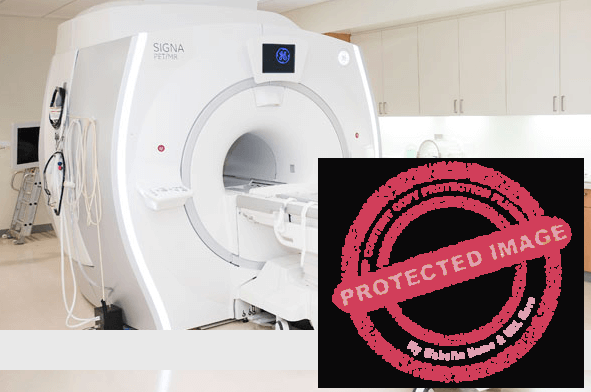In recent years, Magnetic Resonance Imaging (MRI) has emerged as a crucial advancement in medical imaging technology. It surpasses traditional methods like CT and X-ray scans by providing more detailed and comprehensive internal images of the human body. As the demand for MRI scans continues to grow in Nigeria, it’s important to grasp essential facts about this procedure, including its cost.
Cost of MRI Scan in Nigeria:
MRI scans in Nigeria vary in type, procedure, and price. However, accessibility to MRI facilities can be a challenge due to the high cost of the equipment. The price of an MRI scan is influenced by factors such as the type of scan and the specific hospital or clinic where it’s performed. Here is a breakdown of typical MRI costs in Nigeria:
- Cranial MRI: N50,000 – N80,000
- Cervical spine MRI: N50,000 – N80,000
- Thoracic spine MRI: N50,000 – N80,000
- Lumbosacral MRI: N50,000 – N80,000
- Full-Body MRI: N200,000 – N800,000
The considerable price range reflects variations in facility quality and location.
Understanding the MRI Scan:
An MRI, or Magnetic Resonance Imaging, is a radiology procedure that employs magnetism, radio waves, and advanced processing to generate detailed images of internal body structures. During the scan, the patient lies on a movable bed that slowly enters a large circular magnet. This electromagnet creates a powerful magnetic field that aligns hydrogen atoms’ protons. These protons, when exposed to radio waves, emit a faint signal detected by the scanner’s receiver. A computer processes this information, producing precise images of the internal anatomy.
MRI scans offer unparalleled detail, capturing even minute structural changes in the body. Some cases may involve contrast agents like gadolinium to enhance image accuracy.
Uses of MRI Scan:
MRI scans have revolutionized medical diagnostics by offering an exceptionally accurate method for detecting various diseases throughout the body. They prove invaluable when other tests fall short of providing sufficient information for diagnosis. Applications include:
- Identifying head injuries, aneurysms, stroke, and brain or spinal tumors.
- Assisting neurosurgeons in mapping brain anatomy and evaluating spinal cord integrity after trauma.
- Evaluating heart and aorta structure, detecting aneurysms or tears.
It’s important to note that while MRI scans hold significant diagnostic value, they may not always be the first-line imaging choice, particularly in cases of trauma.
Risks and Side Effects:
The MRI scan is a painless procedure that eliminates exposure to x-ray radiation. As such, it poses no identified side effects. However, patients with metallic implants or materials within their body should inform their healthcare provider, as these can distort the scan images. This includes items like surgical clips, metallic chips, or bone plates. Additionally, individuals with specific types of metallic equipment, such as artificial heart valves, should not undergo an MRI due to potential risks.
Conclusion:
MRI scans have become an invaluable tool in modern medicine, offering unparalleled accuracy in diagnosing structural irregularities within the body. While the cost of MRI scans in Nigeria can vary, understanding their benefits and applications underscores their significance in healthcare. By prioritizing accessibility and affordability, we can further enhance the impact of this groundbreaking technology on healthcare outcomes in Nigeria.

